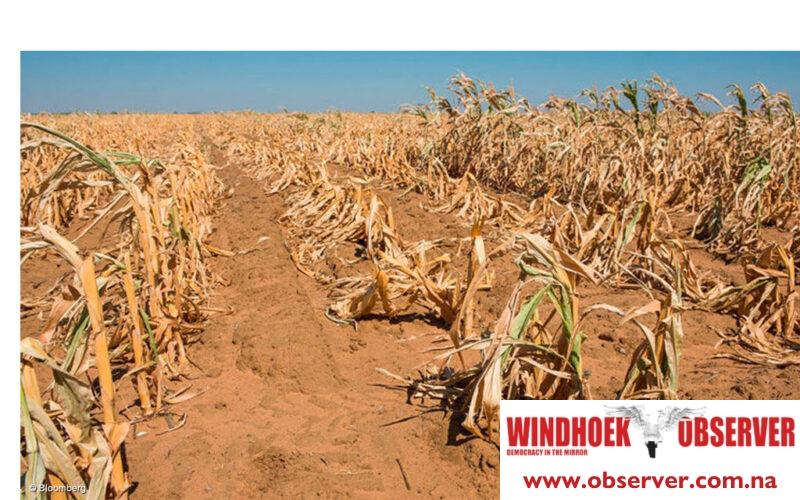Niël Terblanché
In response to the worst drought Namibia has experienced in a century, the Namibian Cabinet has directed the Ministry of Gender Equality, Poverty Eradication and Social Welfare, in consultation with the Ministry of Finance, to extend food relief to urban-based beneficiaries under the Basic Income Grant programme.
This directive is the result of the Cabinet’s 14th decision-making meeting held on 20 August.
According to the United Nations Office for the Coordination of Humanitarian Affairs (OCHA), Namibia is currently attempting to cope with a severe drought that has already depleted 84% of the country’s food reserves.
The drought, exacerbated by the El Niño phenomenon, has led to significant delays in rainfall, poor agricultural production, and critically low dam levels.
The Integrated Food Security Phase Classification, cited by OCHA, warns that approximately 1.4 million people, more than half of Namibia’s population, are expected to face high levels of food insecurity between July and September.
“The situation has also contributed to a surge in severe acute malnutrition among children under five, with fatalities already reported in some regions,” OCHA said in its report.
The report added that the drought’s impact extends beyond hunger, with women and girls bearing additional risks because people who are already vulnerable are forced to walk longer distances to collect food and water.
“The situation increases women and girls’ vulnerability to gender-based violence, which in turn compounds the humanitarian crisis,” the report states.
In this regard, the acting UN Emergency Relief Coordinator, Joyce Msuya, allocated approximately N$53 million from the Central Emergency Response Fund to support the Namibian government’s efforts to alleviate the crisis.
Msuya said that these funds will be used by the World Food Programme (WFP), UNICEF, and the UN Population Fund to provide life-saving assistance to over 163 000 people.
“The support will include cash assistance, treatment for acute malnutrition, rehabilitation of water supply points, and aid for survivors of gender-based violence,” she said.
Recognising the scale of the crisis, the Namibian Cabinet has also instructed the Ministry of Finance and Public Enterprises to allocate an additional budget to the drought relief programme.
This funding will enable the Office of the Prime Minister to continue providing essential support to approximately 750 000 households affected by the drought until March next year.
Namibia declared a state of emergency in May 2024 as the drought’s effects became increasingly severe.
The government’s expanded relief efforts, supported by international aid, aim to mitigate the impact of the drought and ensure that the most vulnerable populations receive the assistance they urgently need.




